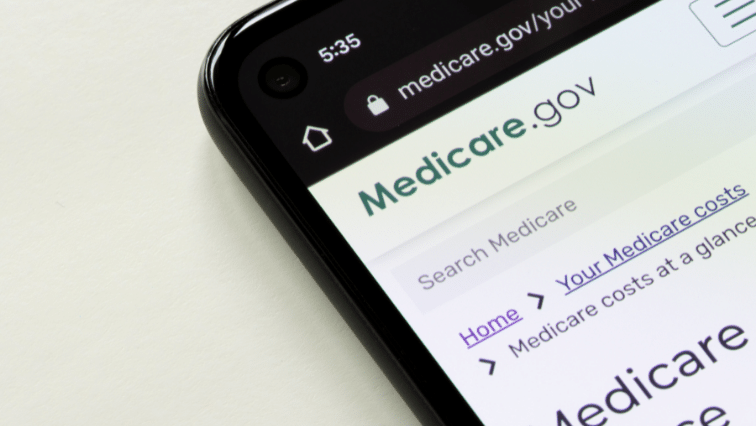

Providers and payers are increasingly addressing the health-related social needs (HRSNs) of their patients to improve outcomes, reduce costs, and address health disparities. As this practice takes hold in the field, the landmark Accountable Health Communities (AHC) Model test that launched in 2017 has now ended. AHC was the Centers for Medicare and Medicaid Services’ (CMS’) first model test focused on evaluating HRSN screening, referral, and navigation. It was built on emerging interventions in Accountable Care Organizations (ACOs), Medicaid Managed Care, Medicaid health homes, and home and community-based services programs.
Early evidence from the AHC Model is promising, and there are many lessons to share as we aim to continue addressing HRSNs and social determinants of health for Medicare and Medicaid beneficiaries. In this article, we bring together key evaluation findings to date and promising practices that providers and payers can implement to address HRSNs in their patient populations and communities. We also describe emerging themes for how AHC Model participants, called bridge organizations, plan to scale and sustain the model interventions and how lessons learned are being embedded across CMS.